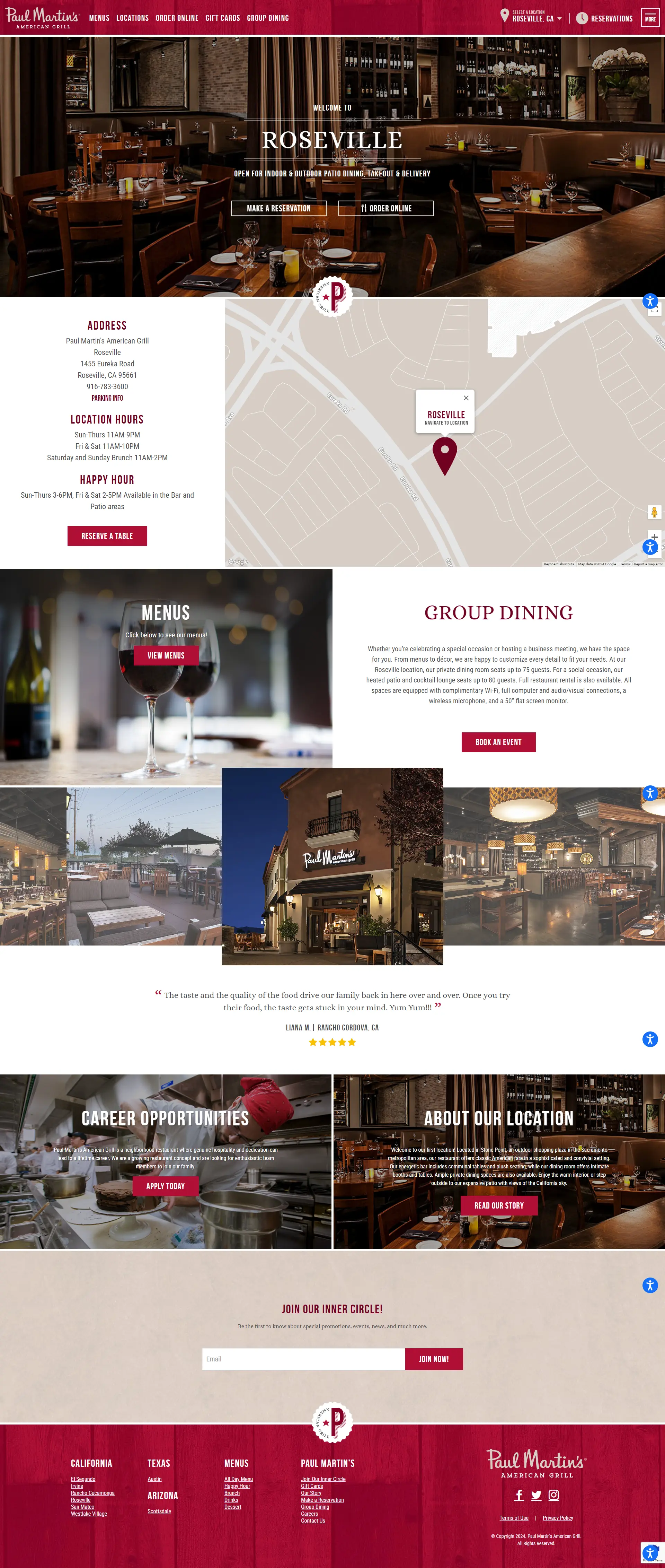Managing customer data is a critical component of any successful business. With the volume and variety of data available, it’s crucial to have a system in place that not only stores information but also makes it work for you. This is where a Customer Relationship Management (CRM) system becomes invaluable.
The Role of CRM in Data Management
A CRM system serves as a centralized repository for all customer data, ensuring that every detail from contact information to purchase history is stored securely and is easily accessible.
Key Features for Data Management
- Data Centralization: Brings all customer data into one unified platform.
- Data Accessibility: Provides real-time access to data for all team members, from anywhere.
- Data Analysis: Offers tools to analyze customer data and gain insights into behavior and preferences.
Benefits of Using CRM for Data Management
- Enhanced Decision Making: Real-time data leads to informed decisions.
- Improved Customer Relationships: Personalized interactions based on accurate data.
- Increased Sales Opportunities: Insights from data help in identifying upsell and cross-sell opportunities.
Conclusion
Efficient data management is not just about storing information; it’s about turning data into an asset that enhances customer relationships and drives sales. A robust CRM system is your key to unlocking this potential.
Is your customer data working for you or just taking up space?
Let’s talk about how CRM can transform your data into one of your biggest assets.















